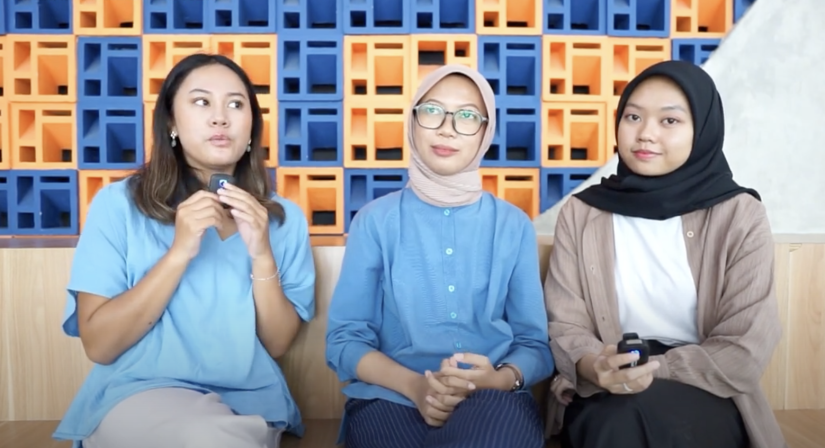
Research is not merely a process of data collection, but also a meaningful space for learning. This was evident in the fieldwork experience of students from the Faculty of Social and Political Sciences (FISIPOL) at Universitas Gadjah Mada (UGM), who joined a research team focusing on women’s empowerment and social justice across various regions in Indonesia. Through direct interaction with women from diverse social, cultural, and economic backgrounds, these young researchers not only sharpened their technical skills but also reflected deeply on their own position, privilege, and social responsibility as academics.
For the students, these field moments became turning points in understanding social realities often hidden from the confines of the classroom.
“After hearing firsthand the stories of women living with such limitations, I started asking myself: with all the privileges I have, what can I do to be more meaningful?” said one of the young researchers.
Beyond learning how to gather data, the students went through the process of building trust, developing empathetic communication, and recognizing that each respondent is not merely a data source, but a subject with a life story that deserves respect. Ethical challenges—such as the question, “What’s in it for me if I tell you my story?” from an informant—became critical moments of reflection for the researchers.
“It reminded us that research must be impactful and not merely extractive,” one student noted.
This experience further strengthened the students’ data management skills, including transcription, compiling intergenerational life histories, and organizing data systematically. More importantly, they emphasized the crucial role of senior researchers in providing mentorship, creating space for critical discussion, and enriching their methodological understanding.
In the field, students also encountered striking contrasts—ranging from cultural differences and disparities in basic service access between villages, to the emergence of women’s empowerment initiatives that developed organically without government or CSR program support.
“What stayed with me the most was how these women remain strong and resilient despite their limitations, and how each region has its own unique character and challenges,” shared one student who conducted fieldwork outside Java.
This research initiative clearly reflects FISIPOL UGM’s contribution to supporting the Sustainable Development Goals (SDGs), particularly:
-
SDG 5: Gender Equality,
-
SDG 10: Reduced Inequalities, and
-
SDG 4: Quality Education.
Through participatory and empathetic approaches, students are directly involved in understanding social inequalities and exploring grounded, just forms of academic contribution.
Ultimately, this research serves not only as academic preparation but also as a life experience that shapes social sensitivity and reinforces human values.
“What we do here is not just about numbers or data—it’s about creating something meaningful. What we do here matters,” a student concluded with confidence.
